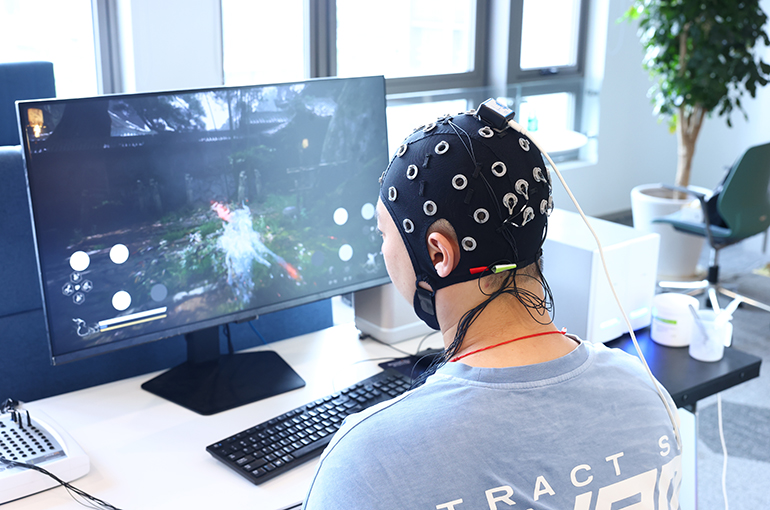Select Language:
(Digital Phablet) July 23 — Brain-computer interface technology should not be viewed as a get-rich-quick scheme, according to Xinmin Evening News, citing a prominent supporter of brain science initiatives. This type of cutting-edge technology requires long-term, patient investment rather than chasing short-term profits, he emphasized.
“You can’t judge breakthroughs in advanced tech by how quickly they generate profits,” he explained. “If investors continue to apply the same strategies used for internet startups—demanding guaranteed performance, quick IPOs, and immediate revenue—everyone involved will end up losing.”
Innovations in science and technology demand patient capital with a long-term perspective, capable of supporting companies through the slow and uncertain process of transforming foundational research into practical applications over extended cycles of validation and market growth, he added.
Since donating $115 million to establish the Tianqiao and Chrissy Chen Institute at the California Institute of Technology in 2016, Chen has dedicated himself to investing in neuroscience. Four years ago, he invested in NeuroXess, one of China’s earliest startups working on invasive brain-computer interfaces.
“When NeuroXess was founded, its goal was to be China’s answer to Elon Musk’s Neuralink, and eventually even surpass it,” Chen said. “But many investors pulled out when they learned it could take over a decade to see results. I told the founder, Tao Hu, that if 10 years isn’t enough, we’ll wait 20 or even 30 years because patience is key.”
“We aim to be the kind of investors who stay committed and support promising companies like Shanghai-based NeuroXess through their most challenging times,” he added.
Over the past four years, China’s brain-computer interface sector has attracted investment from government-backed funds, private investors, and leading venture capital firms. Funding levels are rising, and the industry is beginning to achieve meaningful breakthroughs.
Earlier this year, Shanghai StairMed Technology secured CNY 350 million (USD 48 million) in a Series B funding round and launched China’s first clinical trial for invasive brain-computer interfaces. Meanwhile, Hangzhou’s BrainCo has raised over USD 200 million. Such substantial investments are helping to boost the valuation of startups in this field.
— End of article






